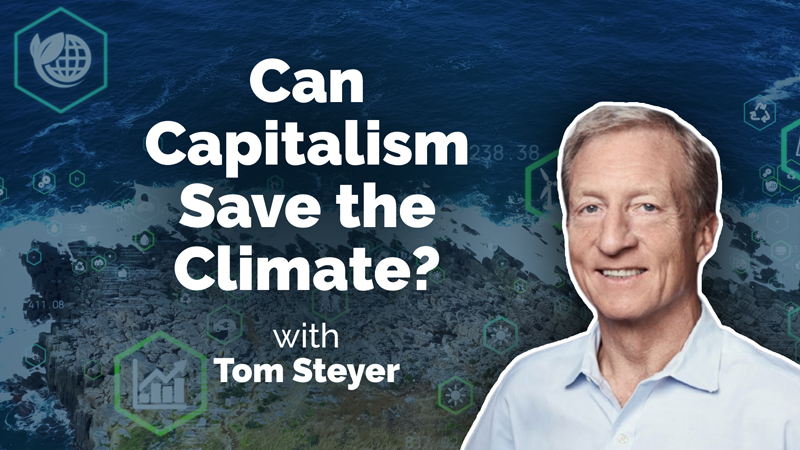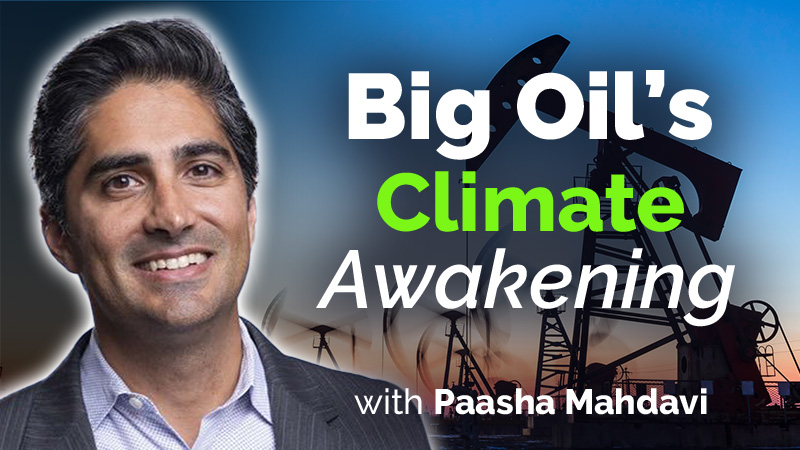-
Tom Steyer on the Future of Energy

When climate investor and philanthropist Tom Steyer sat down with Scott Lewis of Voice of San Diego for the 2025 Charles David Keeling Memorial Lecture, one of the first things he talked about was a graph. Every morning, he checks the Keeling Curve, which he likens to “the Earth’s temperature,” comparing yesterday’s number with the…
-
Science in the White House: Tackling the Triple Crisis

How do we solve climate change, protect biodiversity, and reduce inequality—without treating them as separate problems? That’s the question Jane Lubchenco, Professor of Marine Biology at Oregon State University and former Deputy Director for Climate and Environment in the White House Office of Science and Technology Policy, explored in a recent talk at UC San…
-
The Moral Economy of Extraction: Rethinking the Energy Transition

We often talk about the energy transition as a move away from fossil fuels—but what if we’ve simply traded one kind of extraction for another? In a recent lecture at UC San Diego, Helen Thompson, Professor of Political Economy at the University of Cambridge, laid out a compelling case that the global energy shift is…
-
Shifting Tides: How Oil Companies Can Become Champions of Sustainability

In an engaging talk led by Paasha Mahdavi, Assistant Professor of Political Science at UC Santa Barbara, the spotlight is cast on major oil companies and their crucial role in combating climate change. Mahdavi argues for the urgent need for these corporations to embrace sustainable practices, highlighting their potential shift from being major contributors to…
-
How Modern Slavery Impacts the Environment

There are 45 million enslaved people in the world today. The links between slavery, conflict, environmental destruction, economics and consumption began to strengthen and evolve in the 20th century. The availability of people who might be enslaved dramatically increased in line with population growth – and often, slaves are forced to do work that is…
-
Combating Climate Change in California
California has made huge strides in combating climate change, but there is still a long way to go. Back in 2006, state lawmakers passed AB 32, also known as the Global Warming Solutions Act. It set a goal of getting greenhouse gas emissions down to 1990 levels or lower by 2020. The state managed to…